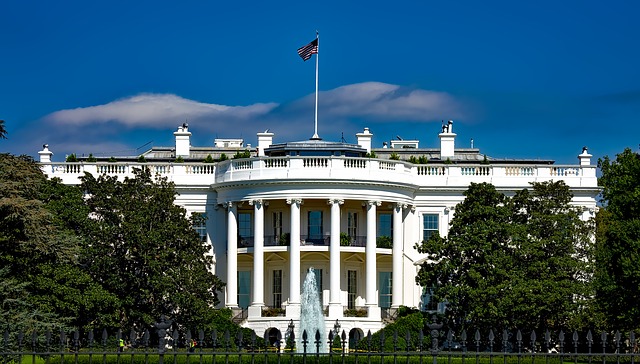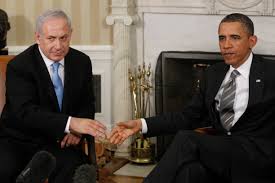Breaking
- MENU

After three elections in less than a year and the COVID 19 epidemic, a National Unity Government was established in Israel on 14 May. Yet the path ahead for the new government is not an easy one, as it is beset by several domestic and foreign challenges that make it unlikely that the new government will survive its planned four-year term.
On the domestic front, there is severe distrust between Benjamin Netanyahu, the head of Likud party (and current Prime Minister) and Benny Gantz, the leader of the Blue and White party. After the first 18 months of the government, the two men will trade positions as prime minister and deputy prime minister, with Netanyahu serving the first term. Gantz had run in the three previous elections on a platform that he would not serve in a government with Netanyahu, who had been indicted by the Attorney General on corruption and breach of trust charges and incidentally, Netanyahu’s trial began on 24 May, days after the formation of the new government.
However, following the March 2020 election and his unsuccessful attempt to form an anti-Netanyahu coalition, Gantz changed his position, asserting that the COVID 19 crisis necessitated the formation of a unity government. Gantz may well have also felt that following the defection of three members of his 62-member anti-Netanyahu coalition who had refused to cooperate with Arab Party (The United List), he would only have a shaky 59 person minority government (a minimum of 61 seats are needed to govern in the 120-member Israeli Knesset). He may not have wished to risk a quick collapse of his government and new elections, given Netanyahu's growing popularity because of his—so far—successful handling of the virus crisis. Nonetheless, Gantz, who has little trust in Netanyahu, made sure to write into the National Unity Government agreement that a supermajority of 75 Knesset members would be needed to overturn the power transfer arrangement.
Besides having to deal with the COVID 19 crisis, the new National Unity Government has several immediate domestic challenges. First, Netanyahu wants to weaken the power of the Supreme Court, a policy Gantz strongly opposes and since Blue and White Party now controls the Justice Ministry, major clashes can be expected between the two men over the issue. Second, Netanyahu has expressed his desire to annex up to 30 per cent of the Israeli-occupied West Bank, including the Jordan valley, in accordance with the Trump Peace Plan of January 2020, while Gantz opposes annexation unless there is more international support for it.
There are also serious foreign policy challenges facing the new government. For years, rockets have been fired into Israel from the Gaza Strip by Hamas and Islamic Jihad, and Gantz, during the election campaigns, called for stronger action against the Gaza Strip. Thus, another war between Israel and Hamas—the fourth since 2008—may be on the horizon. On the Northern front, Hizballah, an ally of Iran, has been building up its arsenal of rockets and has been probing Israeli positions along the border. Israel has been striking against Hizballah and Iranian positions in Syria to interdict Iranian weapons shipments to Hizballah. Israel may take advantage of the weakening Hizballah’s position in Lebanon and the growing economic crisis there to toughen its response to Hizballah’s probing. Moreover, there is the problem of Iran, which, due to the US withdrawal from the nuclear agreement with Iran, is moving closer to a nuclear weapons capability.
Finally, there are the US elections scheduled for November. Should Joe Biden, an opponent of annexation, win the election, then Israel's honeymoon relationship with the US under Trump will come to an end, and a return to the chilly relationship of the Obama years may be expected.
In sum, a series of domestic and foreign policy challenges await Israel's new Unity Government. Whether it can meet these challenges remains to be seen.
As part of the policy, the MEI@ND standardizes spellings and date format to make the text uniformly accessible and stylistically consistent. The views expressed here are those of the author and do not necessarily reflect the views/positions of the MEI@ND. Editor, MEI@ND: P R Kumaraswamy

Dr. Freedman is the Professor Emeritus at Baltimore Hebrew University and visiting professor at of Political Science at John Hopkins University. He is the author or contributing editor to 23 books, most recently Israel Under Netanyahu: Domestic Politics And Foreign Policy(New York and London: Routledge,2020). rofreddman@comcast.net

With Russia’s invasion of Ukraine now in its third month, with more and more reports of Russia.....

It was not a blue political Tsunami giving the Democrats control of both houses of Congress with lar.....

I. George W. Bush and Israel II. From the Inauguration to 9/11 III. From 9/11 to Ju.....
